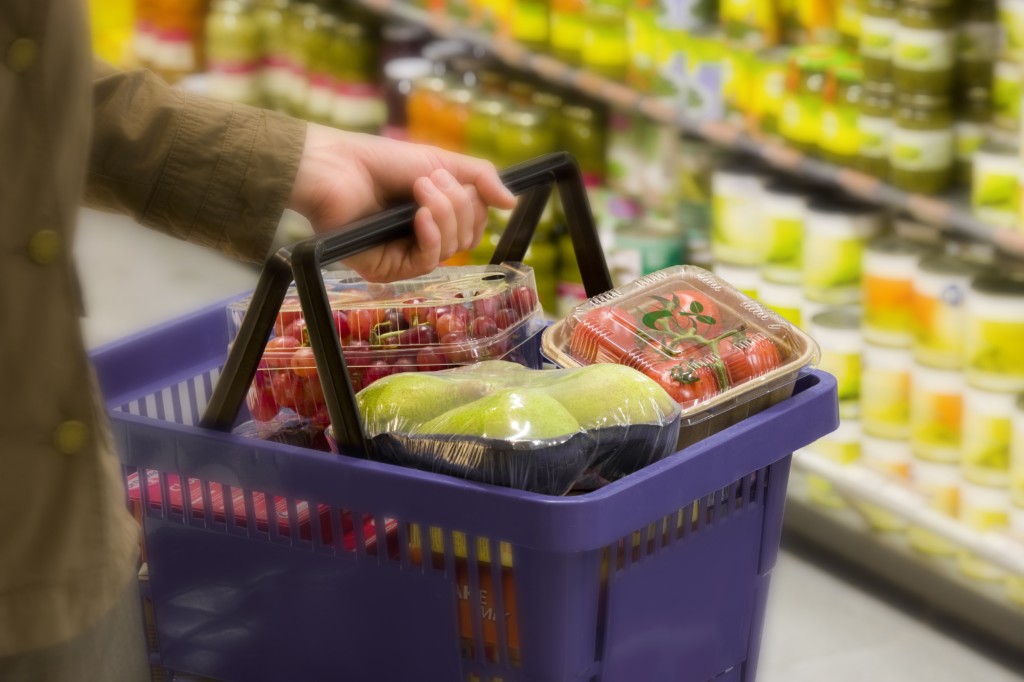Earlier this month, Germany’s Bundesrat, the upper house of parliament, approved a new packaging law (Verpackungsgesetz) aimed at boosting recycling of packaging waste. It also stipulates that the systems collecting the waste fees are obliged to create incentives that encourage the use of recycled material or material from renewable sources for the production of packaging. This is an important signal for the bioplastics industry as for the first time bio-based and recycled materials are recognised as equally viable solutions to make packaging more sustainable and reduce our dependency on finite fossil resources.
The new law, which was approved by the lower house in March, takes effect in 2019. It sets higher recycling targets for packaging waste by 2022: 63 percent for plastic packaging, 90 percent for metal, glass, and paper.
Germany already supports the use of certified bio-based and compostable biowaste plastic bags for the collection of biowaste in the Biowaste Ordinance. Since 2015, the separate collection of biowaste is mandatory in Germany.
The laws reflect a legislative trend to support innovative plastic solutions that help to strengthen mechanic and organic recycling and by this establishing the ground for a circular economy. This is a trend also happening in other European Members States. Last year, France adopted its ‘Green Growth and Energy Transition law’ and stipulated that bio-based, home-compostable packaging was mandatory for certain applications (e.g. thin veggie bags in the super market, mail order wrappings). A decree specified percentages of bio-based content to be reached by defined dates.
In March this year, the European Parliament put forward an ambitious and forward-looking proposal to revise the Packaging and Packaging Waste Directive that supports the use of bio-based materials for the production of packaging based on life cycle assessment. At the same time, however, the proposal leaves ample room for Member States to decide flexibly on how to create such legislation.
In line with its ambitious goals to increase recycling targets and waste management efficiency, the Parliament furthermore proposes in the revised Waste Framework Directive a definition of recycling that includes organic recycling in order to use biowaste as the valuable resource it is. It is important that selected packaging applications, such as certified compostable bio-waste bags are supported to ensure a separate collection of biowaste across Europe.
European Bioplastics urges the Members States to acknowledge the environmental, economic and social potentials of innovative bio-based materials and to support these amendments in the forthcoming trilogue on the waste legislative proposals.

Bioplastic food packaging © NNZ